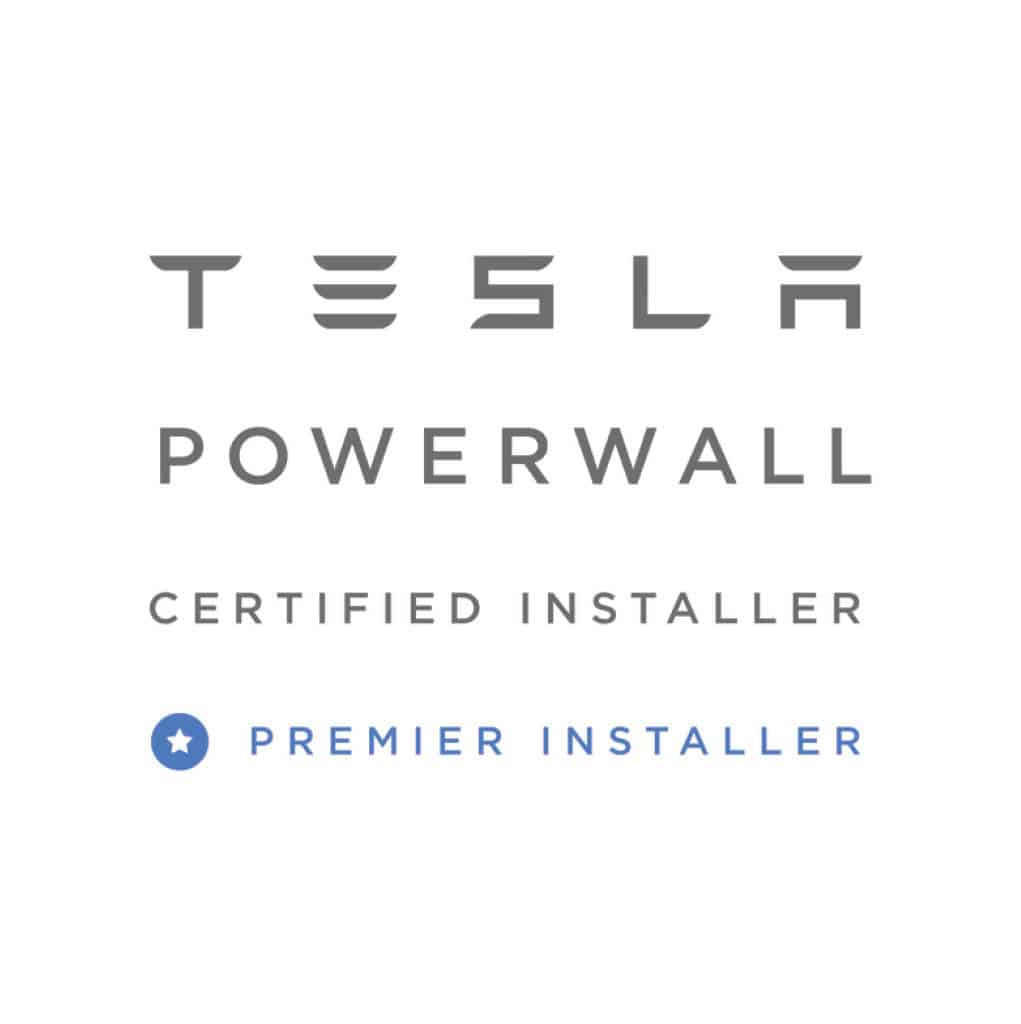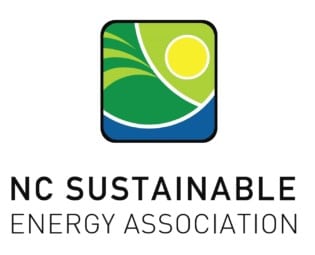We have all experienced it. We are going about our business and suddenly, POOF. You are in the dark.
Not the best feeling in the world, but don’t worry, you have options.
The good news is having fuel-powered standby generators as your sole choice has passed. Now, quieter and fume-free home battery backups have emerged, promising a permanent presence in the market. Unlike generators that require a continuous supply of fuel—typically propane, diesel, or methane gas, better known as natural gas—batteries eliminate the dangers of carbon monoxide, reduce noise, and cut fuel costs significantly. While solar panels offer a sustainable way to recharge batteries, they also introduce additional expenses.
Both batteries and generators serve the fundamental purpose of providing backup power, yet they differ markedly in their operation and implications. We will delve into the advantages and disadvantages of each option to equip you with the essential knowledge for making an informed decision between the two.
Let’s Dive Into Generators

Standby generators automatically activate and connect to your home’s electrical panel during a power outage. They rely on fuel sources like natural gas, liquid propane, or diesel to maintain your electricity supply during interruptions. Additionally, some generators feature a “dual fuel” capability, allowing them to operate on either natural gas or liquid propane, depending on availability.
For convenience, you can directly link certain natural gas and propane generators to your home’s existing gas line or propane tank, eliminating the manual refilling process. In contrast, diesel generators require periodic refueling to ensure continuous operation.
Home Battery Backup Systems
Home battery backup systems, such as the Tesla Powerwall 3 or the Enphase, capture and store energy, offering you a reliable power source during outages. These batteries can draw electricity either from your home’s solar setup or directly from the electrical grid, making them significantly more environmentally friendly than fuel-powered generators. And they could prove to be more economical in the long run.

If your utility company offers a time-of-use billing plan, a battery backup system could provide financial savings on your electricity bills. By tapping into the stored energy during peak demand hours when electricity rates soar, you can keep your costs down. During off-peak times, when rates drop, you can revert to using grid electricity and recharge your battery at a lower cost.
For those with solar panels, any surplus energy generated can be stored in these batteries. This reserve power can then illuminate your home at night or during periods when the panels are less productive.
The concept of virtual power plants is gaining traction. Participating in such a program means allowing a utility company or another entity some control over your battery’s stored energy. Although this might mean relinquishing some autonomy over your battery, it also opens up an opportunity to earn money in return.
Battery Backup Systems vs Generator: Which is Best?
These pieces of equipment perform the same basic job, keeping the power flowing. But you need to consider the different costs, maintenance requirements, and performance, before deciding which is best for you.
Battery Backup Vs Generator Pricing
Battery backups demand a higher initial investment but offset the ongoing costs associated with fuel consumption in generators. To purchase and install a battery backup system, you might spend several thousand dollars upfront, with prices varying according to the chosen model and the number needed to sufficiently power your residence. Typically, a battery backup system for an average-sized home falls within the $10,000 to $20,000 range.
Standby generators, on the other hand, present a somewhat lower initial cost. The average expense of buying and setting up a standby generator spans from $7,000 to $15,000. Yet, it’s crucial to account for the additional operational costs since generators rely on fuel. These expenses will vary based on your generator’s size, the type of fuel it consumes, and the quantity of fuel it requires for operation.
Battery Backup Vs Generator Installation
Battery backups hold a slight advantage in terms of installation flexibility, as they can be mounted on walls or floors. Nevertheless, professional installation is essential for both battery backups and generators, with each process typically consuming a full day and potentially incurring thousands of dollars in costs.
Certain home batteries function akin to large portable power stations, necessitating minimal setup beyond the installation of a transfer switch or smart electrical panel by an electrician.
Generator installation involves more extensive preparations, including pouring a concrete slab, connecting the generator to a dedicated fuel source, and installing a transfer switch.
Battery Backup Vs Generator Maintenance
In this comparison, battery backups emerge as the definitive choice for those prioritizing silence, autonomy, and environmental friendliness. They operate quietly, without producing any emissions, and demand minimal maintenance.
Conversely, generators often disrupt the peace with their noise and emit exhaust or fumes based on the fuel type, potentially causing annoyance to both you and your neighbors.
When it comes to sustaining your home’s power supply, standby generators surpass battery backups in longevity. With an adequate fuel supply, a generator can function non-stop for up to three weeks if needed.
However, battery backups like the Tesla Powerwall, with its 13.5 kilowatt-hours of storage, typically only offer a few hours of power independently. Their performance can be enhanced through integration with solar panel systems or by combining multiple batteries, yet they still don’t match the continuous run-time capability of generators.
Battery Backup Vs Generator Lifespan and Warranty
Battery backups generally offer more extended warranties than standby generators, yet the basis for these warranties differs significantly between the two.
Battery backup systems gradually lose their charging capacity over time, similar to the batteries in phones and laptops. These systems come with an end-of-warranty capacity rating, which indicates the battery’s expected efficiency in holding a charge at the warranty’s conclusion. For instance, Tesla pledges that its Powerwall will maintain 70% of its original capacity after 10 years.
Additionally, some battery backup manufacturers provide a “throughput” warranty, which specifies the guaranteed number of cycles, operational hours, or energy output the battery should deliver.
The lifespan of standby generators can be more straightforward to predict. High-quality generators are built to last for around 3,000 operational hours with proper maintenance. So, if you use your generator for 150 hours annually, it could potentially serve you for two decades.
Which Home Energy Backup Is Right For You
In the majority of comparisons, battery backup systems emerge as the superior choice. They boast environmental benefits, simpler installation processes, and more economical operation over the long term. They typically come with more extended warranties than standby generators.
Traditional generators still hold value in certain situations. A single generator can suffice to restore power during outages, reducing initial expenses. Additionally, in prolonged power loss scenarios, standby generators can operate continuously for extended periods, offering a more reliable power solution than battery backups.
For those needing backup power for only a few essentials or for brief durations, a large-scale solution might not be necessary. In such cases, less permanent options like portable generators and power stations could adequately meet less intensive power backup needs.
It really comes down to the level of comfortability you are looking for, at 8MSolar we support battery backup systems from a convenience standpoint. The power goes out, the battery kicks-in.

8MSolar Is Here To Help
The North Carolina solar professionals at 8MSolar are more than happy to help you decide which direction is best for you and your home. There is a lot of information to consider and you need to decide which is most important to you. Give us a call today and we can help you avoid the lights ever going out at home.









